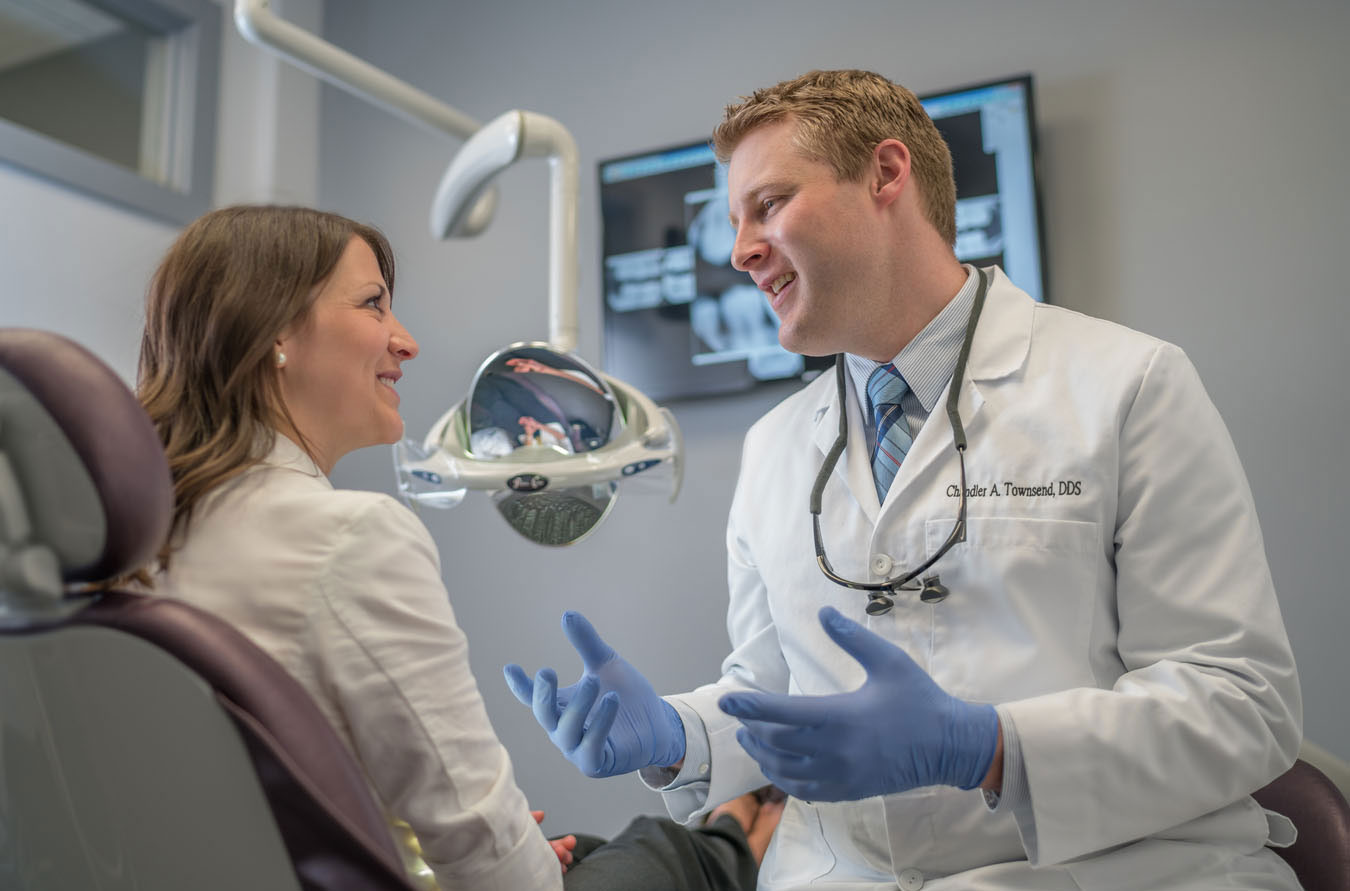
It may not come as a surprise, but Utah has the highest birthrate in the nation. If you are expecting or trying to get pregnant, your dental health may not be the first thing on your mind. In between your trips back and forth to the hospital, don’t forget to continue with your dental checkups. Dental checkups are perfectly safe during pregnancy and your normal or children’s dentist can help you with any pregnancy-related oral health issues you may be experiencing.
What Kind of Issues May Impact My Teeth?
Due to hormonal changes, “pregnancy gingivitis” or inflammation of the gums may occur causing swelling and tenderness. This issue needs to be treated by a dentist so it doesn’t progress into a more serious form of gum disease. Periodontal disease has been clinically proven to increase the risk of preterm delivery and low birth weight. Frequent cleanings at our office may be able to help prevent those risk factors.
Other women become more susceptible to cavities for a variety of reasons during pregnancy. An increase in carbohydrates from your peanut butter-and-pickle sandwich cravings can have an impact; increased amounts of acid in your mouth from morning sickness, etc. invite more opportunities for cavities. Making sure you’re flossing and brushing is crucial to maintaining a healthy mouth.
Pregnancy tumors (pyogenic granuloma) are another issue that may arise during pregnancy. These “tumors” are not actually tumors – rather overgrowths of tissues that appear on the gums most commonly during the second trimester. They are not cancerous; just swelling that happens most often between teeth. These are generally related to excess plaque and usually disappear once you have your baby. If you are concerned about this, talk to Dr. Allen, Dr. Mckinsee, or Dr. Clifford about having them removed.
Is Having Dental Work During My Pregnancy Safe?
Definitely, make sure your dentist knows you’re pregnant, even if you think you just might be pregnant at the time of your appointment. Tell them how far along you are when you are making your appointment and any medications you are taking. Dental work such as cavity fillings and crowns are recommended because they lower the risk of infection. If possible, try to have dental work done during the second trimester because you may not be able to lie on your back for extended periods of time in your third trimester. When necessary, emergency dental services such as extractions or root canals must be performed, though elective or cosmetic treatments should be postponed until after birth.
Pregnancy does not automatically damage your teeth. Many women make it all the way through their pregnancy without experiencing any discomfort. For other women, pregnancy makes some conditions worse or can create new ones altogether.
If you have any questions or concerns don’t hesitate to call Abundant Dental Care’s dental office today.
